Jamie Duffy is an Irish composer/songwriter who blends traditional, popular, and classical influences into his music. The success of his debut single "Solas" (which means 'light' in Irish) is a fantastic story. Since its release in early 2022, it has been streamed over 40 million times. He has recently released his new single "Réalta," which has already garnered impressive streaming figures. We caught up with Jamie to discuss his musical journey, his writing process, his biggest influences, and more.
Download Jamie Duffy sheet music
Interview with Jamie Duffy
Sheet Music ("S"): First off, could you tell us a little bit about how you started out in music?
Jamie ("J"): Yeah, so I come from a very musical family. My grandparents on my mum's side were in show bands their entire life. My grandfather is a Scottish man, but they were involved in the show band scene in the 70s and 80s in Ireland. And they just had a complete love for music which was always the case since I was a child. So then I started doing grades on the piano as you do, and learning the tin whistle and the flute and different instruments. There was just a real musical atmosphere from the get go, I guess. I was sponging off everything musical that was around me with the family and school. And Ireland is such a musical country, it's just embedded in our culture and in every aspect of society, so it was very hard to avoid it.
S: And when did you start composing your own material?
J: I guess towards the end of doing piano grades. I would sit down and suddenly I was just writing things and I was like, "Oh, that's really nice," and I'd record voice memos. And I never thought it would ever go anywhere or anything would come of it until recent times, I guess.
S: I read that "Solas" was the biggest streaming debut song from an Irish artist since "Take Me to Church" by Hozier. Did you expect that level of success?
J: No, never. That's so crazy. And what is even crazier is the genre. When you think "Take Me to Church" is this amazing, massive song, and then to counteract that, "Solas" is this very sort of simple piano tune. There's not much to it other than synth and my own melody, which I think was really cool because it was the melody that made it. So, it's kind of strange, but I'm delighted with it!
S: Yeah, absolutely. And can you tell us a little about the inspiration behind that particular piece?
J: Yeah, so I began writing it when I was in Belfast one night just after I had started university. And it sort of came from a little moment of improvisation. I was feeling pretty ill at the time and I was feeling a little down and sorry for myself. And it was like 12:00 at night. And I guess that emotion all went into the song at the start, and then it became this bigger thing. Then the next morning I really just got down to it, and what I wanted the song to be and really thought more about the emotion that I wanted to put in the song and how I wanted it to flow and feel. So yeah, I feel very lucky.
S: That's amazing. And then recently you released "Réalta" which has racked up pretty good streaming numbers already. And you may be interested to know it's currently our top-selling sheet music title on Sheet Music Direct over the last two weeks.
J: That's crazy. Are you serious?
S: Yep, it's outselling everything including Adele, Miley Cyrus…you name it!
J: Oh, my goodness. Wow.
S: So, is there an album coming soon?
J: Well, according to the contract, at some point there'll be an album, hopefully soon! But it's just about getting into the studio and getting my ideas and the melodies that I've got in my head and making them into these entities. And I want to make sure I do it right. And if that takes a bit of time, I'm happy with that.
S: Cool, and can you tell us a little bit about your writing process? How does it normally work?
One of the biggest inspirations for me is being from the countryside and being from Ireland. And I think the music is very representative of how I feel and life around me."
J: Yeah. So I don't compose with pens, I will sit at the piano and it'll start off as just a musical idea, I guess. And it becomes pretty apparent quickly what I want the song to be like. So once I've got that little spark, then it's like the inspiration from around me. I sort of put that into the song and I know the direction I want to take it. And I'm very much focused on getting it to that point. But I think subconsciously my own life and my surroundings play a big part in the music. One of the biggest inspirations for me is being from the countryside and being from Ireland. And I think the music is very representative of how I feel and life around me - past, present and future, I guess.
S: So you obviously mentioned you come from a very musical family, but who would you cite as your main musical influences?
J: So, this is always an evolving question, but some of the staple influences for me are Enya, Ludovico Einaudi, and Irish traditional music, like The Chieftains. I feel like if you swirl those three artists in a pot, you probably get something similar to me. That's the mood board. All three have quite different music, but equally inspiring. With Enya, you've got that sort of ethereal sound and these layers and these really strong melodies. And the same with Ludovico Einaudi, and then big time with Irish music. And I think that's something - a strong melody is so important to me. So it's probably those three at the minute.
S: Awesome. I believe you were doing a politics degree and the music was kind of like a sideline. Are you still studying now?
J: So I just graduated from university last month, in politics and international studies at Queen's here in Belfast. I would say that music is the route that I'm very much going to take now, but I thought it was very important for me to finish this degree and get the university education behind me too once I had started it. I would love to do a Master's or something in the next 2 or 3 years as well, because I think it's important, if you're interested in something like that, to keep it going. And there's no reason you can't do that as well as the music too, I guess.
S: So if you could look 20 years into the future, do you see yourself in politics or music full-time?
J: This is a very good question. The difficulty with politics is that 50% of people are probably not going to like you, whereas in music, even if people don't like your music, they might not have anything against you. So it's the softer approach to take at the minute. But we'll see.
S: I guess it's good to keep the options open! So, since everything took off with the music, what's the coolest thing that's happened to you? Anyone you've met or anything like that?
J: Yeah, there's like two things. The biggest "wow" moment for me was playing for the President of Ireland at his home, the Aras an Uachtaráin in Dublin. I played an unreleased song for him and he actually named it for me. So I'm forever going to have a song that's been named by the President of Ireland. So that's just so cool and unique. And then on the slightly more ridiculous side, I was travelling on a FlixBus in Europe, and it was leaving Ljubljana (Slovenia) at like 1am, and there were no toilets or anything. And it was a scene of absolute craziness. I got on the bus and I was like, "Sorry, you're in my seat" to these two people, because I had booked the seat. And they got really angry. And then they were like, "Fine, okay." And then they stood up and they're like, "Wait, are you the guy who plays the piano?" And that was just the weirdest thing ever…it doesn't ever happen. And when you don't want it to happen, it happens. So that was crazy.
I'm forever going to have a song that's been named by the President of Ireland. So that's just so cool and unique."
S: That's funny. And is there any music you're currently into? Anything you like to sit down and play, or indeed listen to?
J: In terms of my genre, I'm really getting into the heavy hitters like Ólafur Arnalds and Max Richter. I'm becoming obsessed with them. But more so I find myself listening to music which is not very much aligned to my genre. Like Lana Del Rey, who's one of my biggest heroes musically. She's very cinematic in her music which I find inspiring too, I guess. And subconsciously there's probably a lot of her in my music. I just love her. I think it's nice to not box myself into listening to neoclassical and classical because even though it's not a competition, the imposter syndrome is incubated really well when you're listening to those guys just constantly. So I tend to shake it up quite a bit.
S: That makes a lot of sense. And lastly, do you have any advice for aspiring composers out there?
J: I feel like I'm constantly still learning, and I wouldn't even know what advice to give myself half the time! And, it might sound cliche, but make the music that you want to make. There's this thing with classical music, it's amazing, but at times I felt like an outsider. From time to time I would feel like, "Well, I can't play this piece." I'm not amazing at reading sheet music myself and I would sort of struggle with that. And I thought because of that, that I was never going to be successful in any way on the piano because there are people who are amazing at that. But I think everybody is good at something and has their own thing. You’ve got to make your own type of music, just sit at the piano and literally play the music that you want to make. The music that you feel is within you. I never thought that that would work for me or people would want to listen until I started doing it and putting it up, and it just did. So I think once you've got that, the rest should follow. That's my sort of motto that I'm living by at the minute.
S: Stay true to yourself - great advice. Well thank you so much, Jamie, we really appreciate your time.
J: No problem, thank you very much.

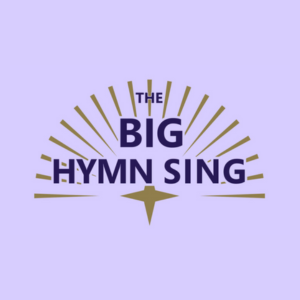
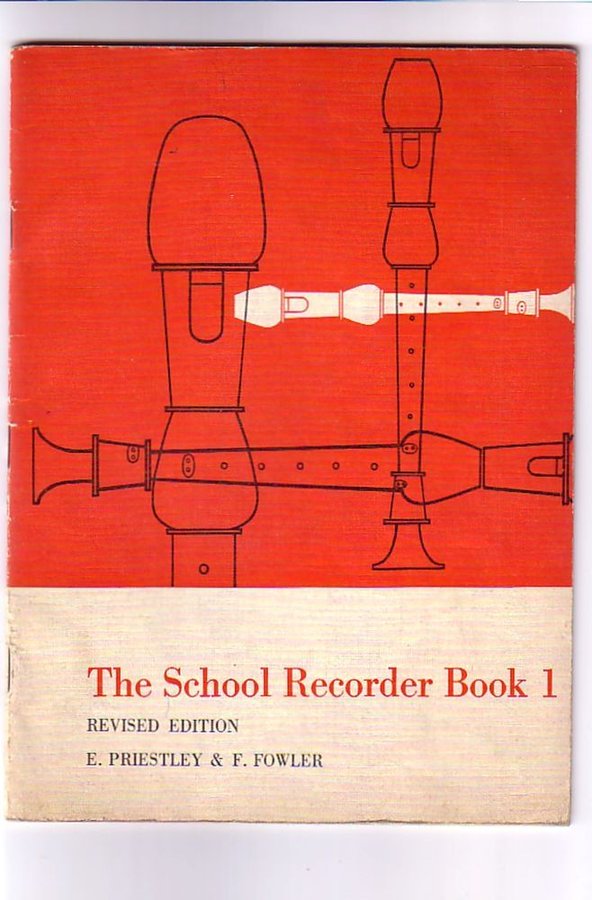
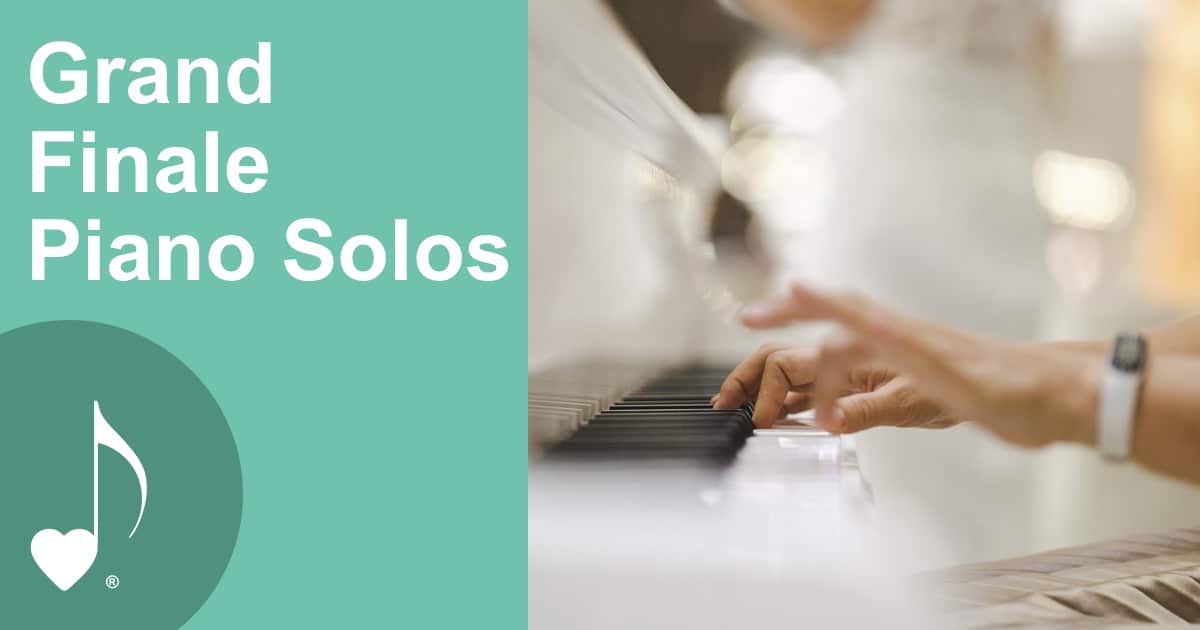
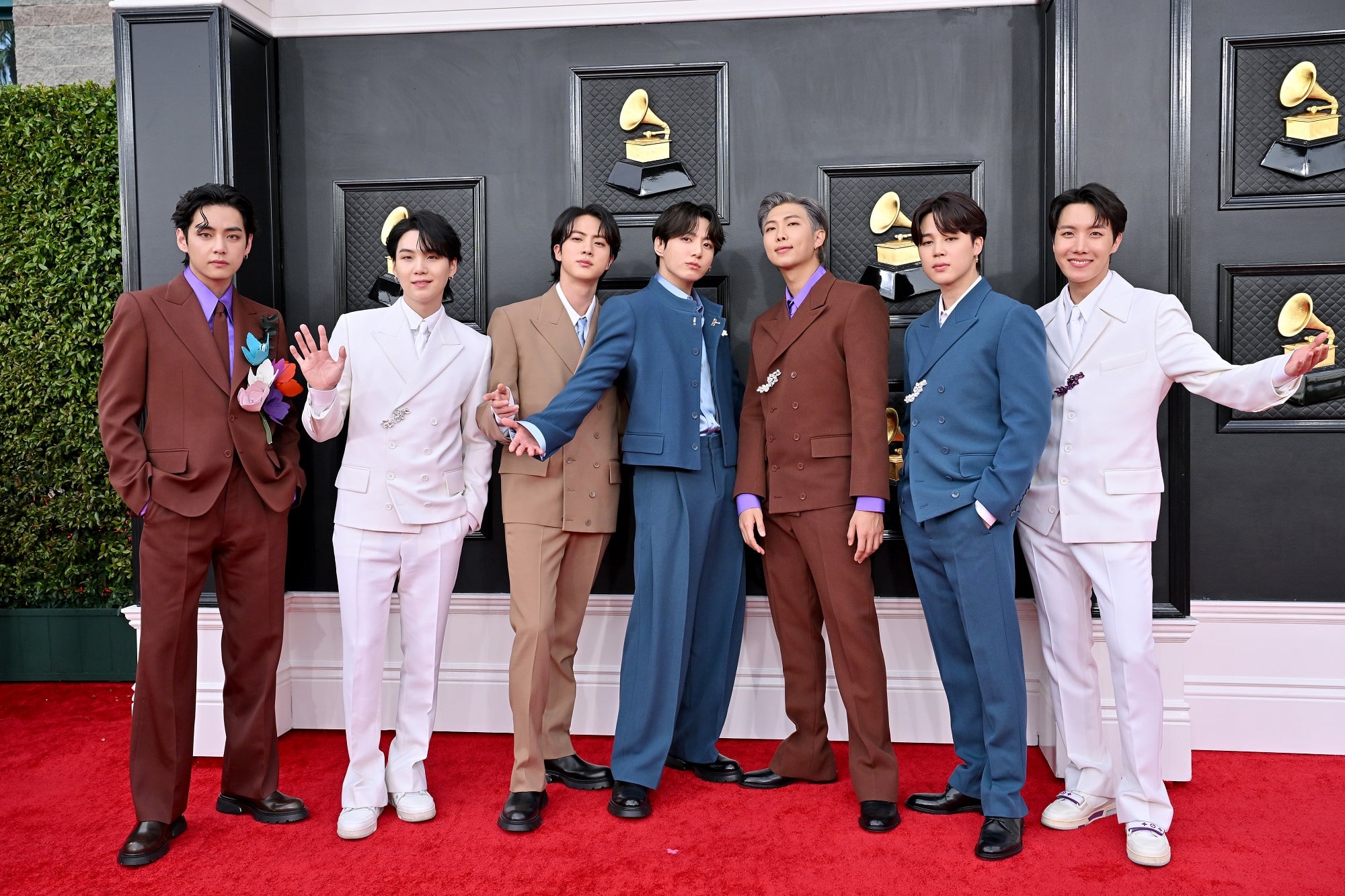
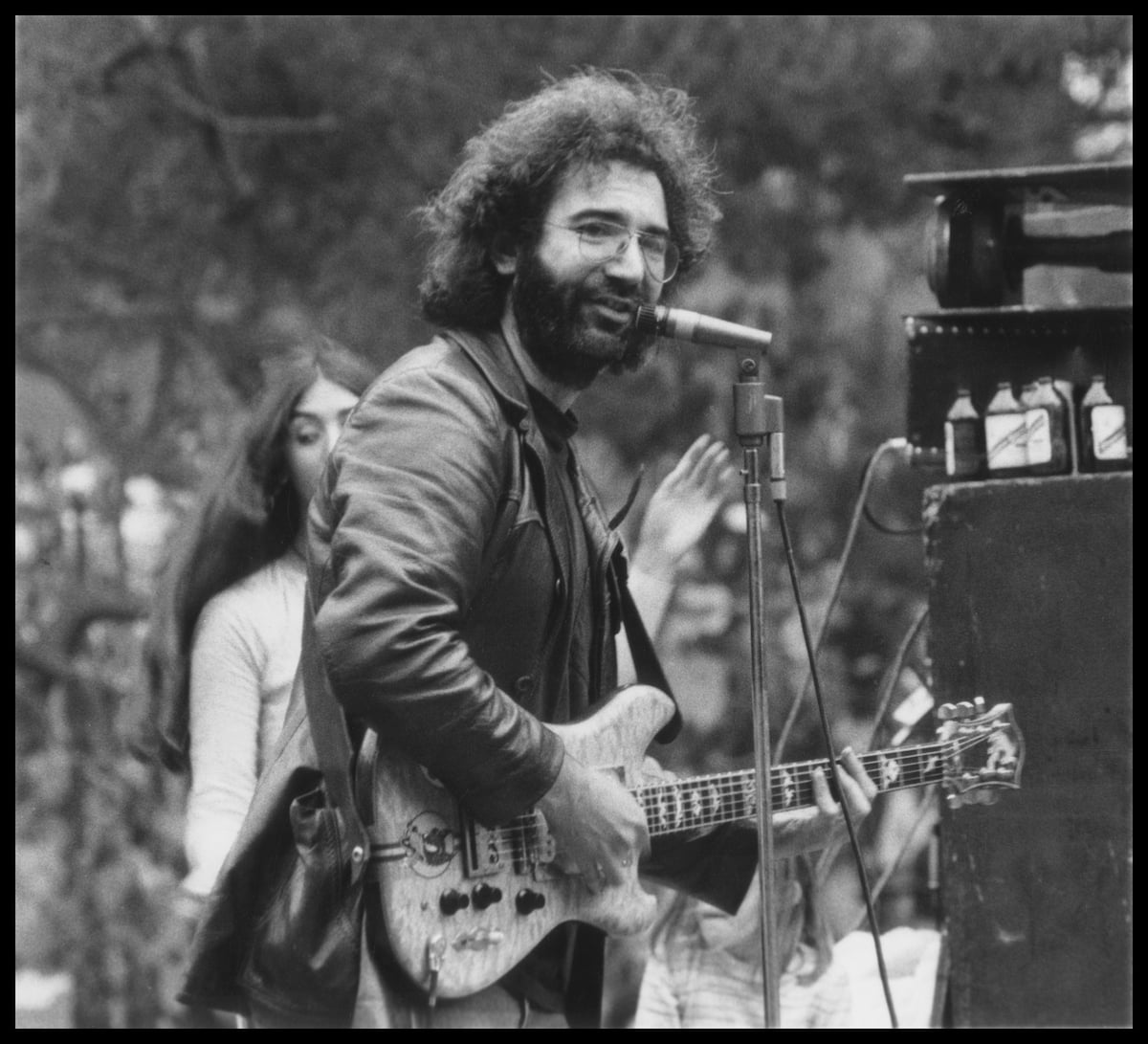
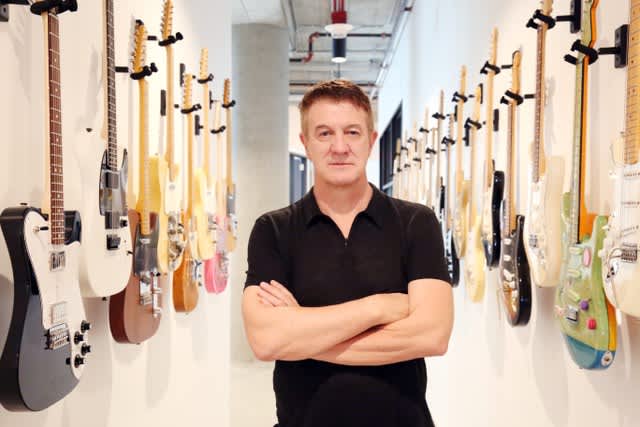
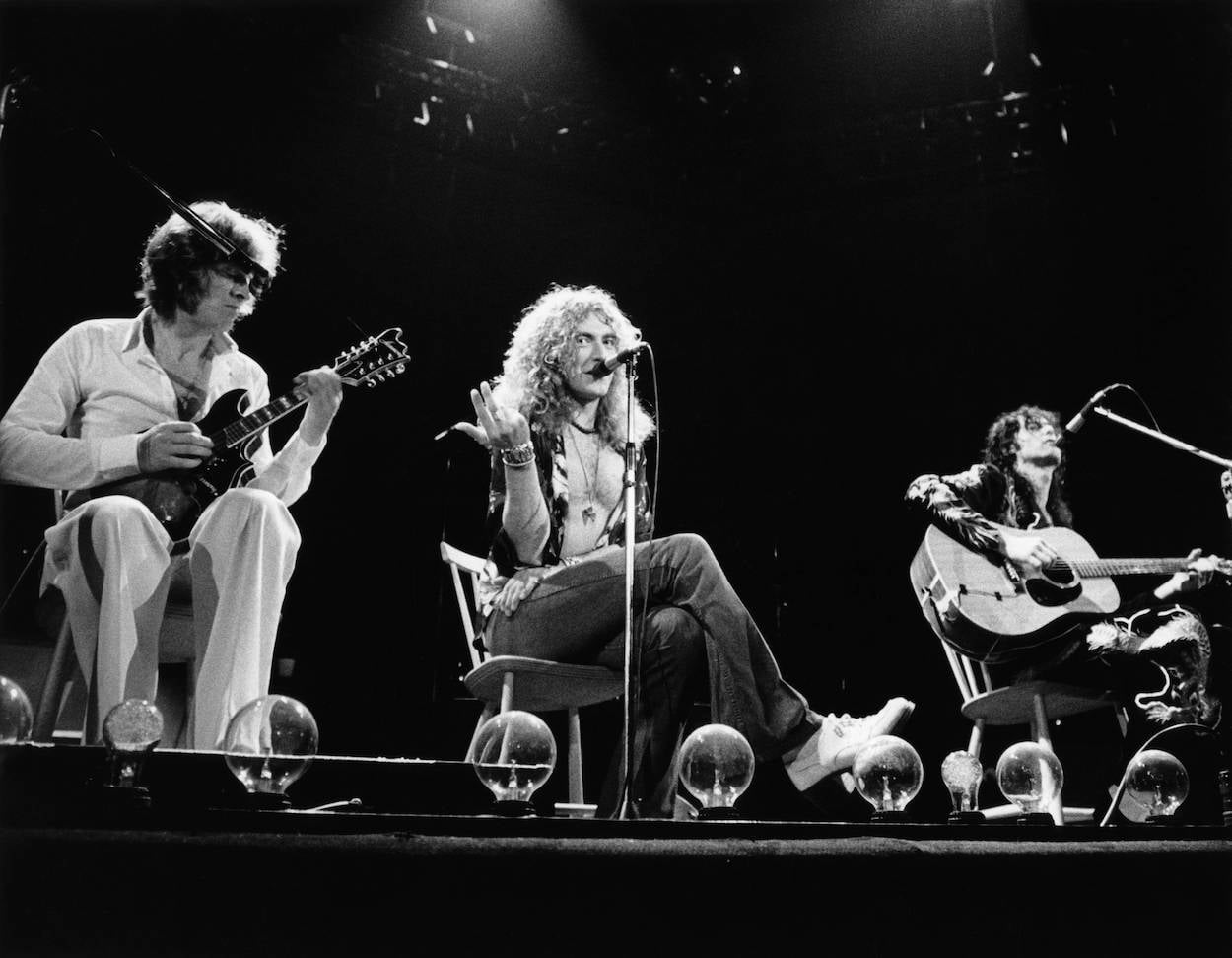
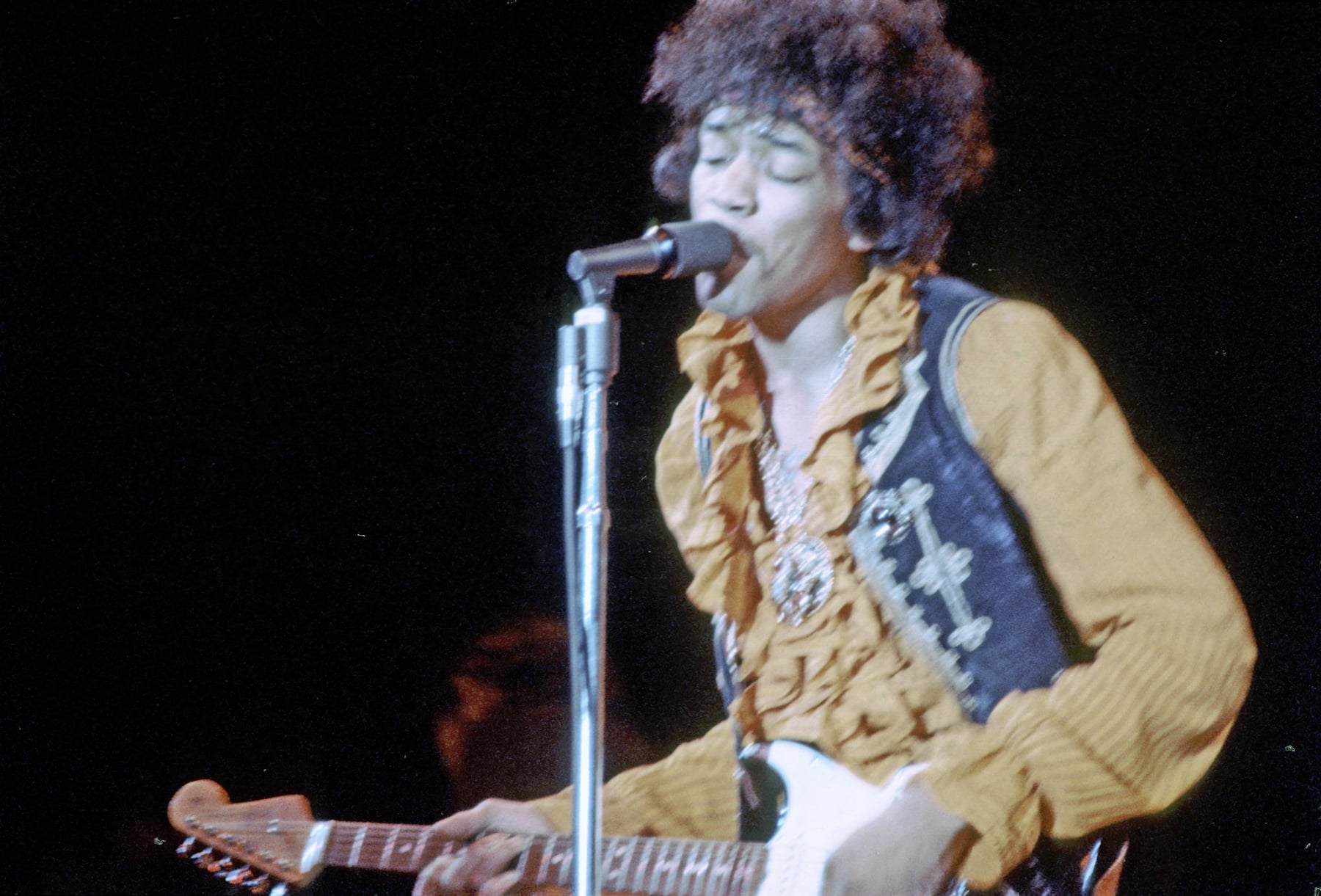
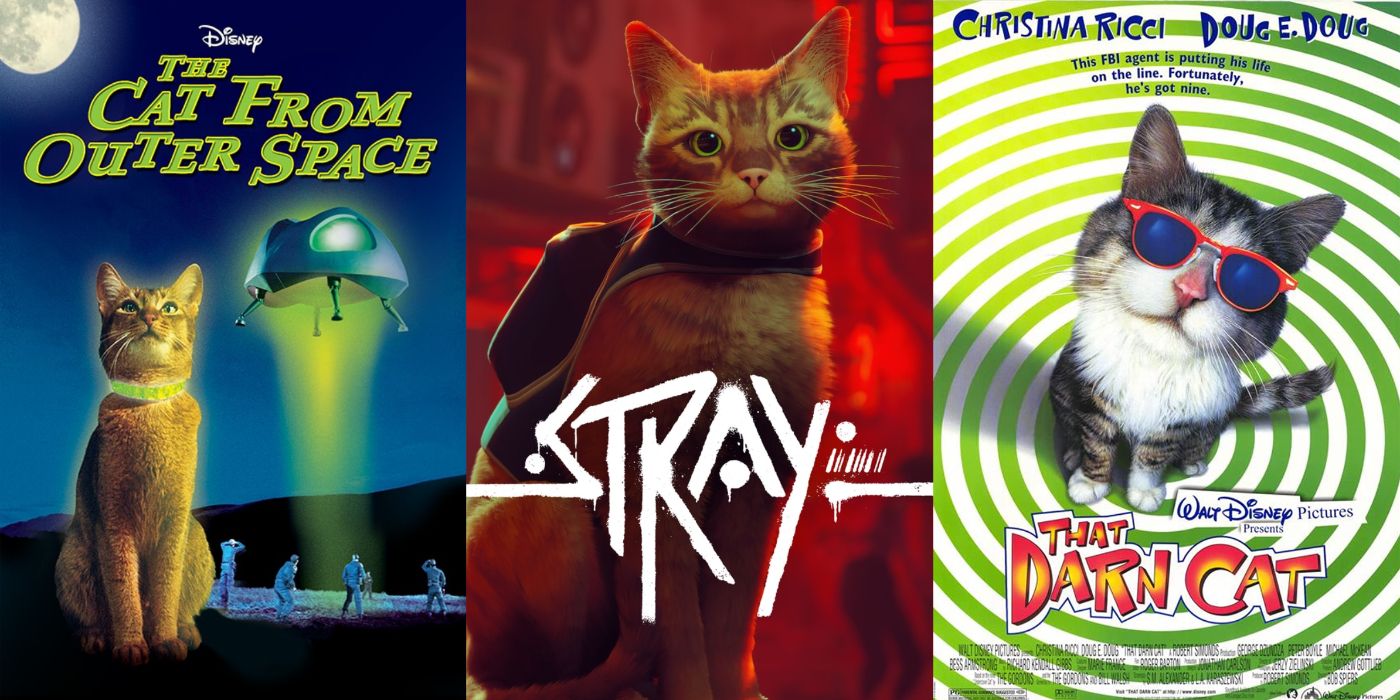


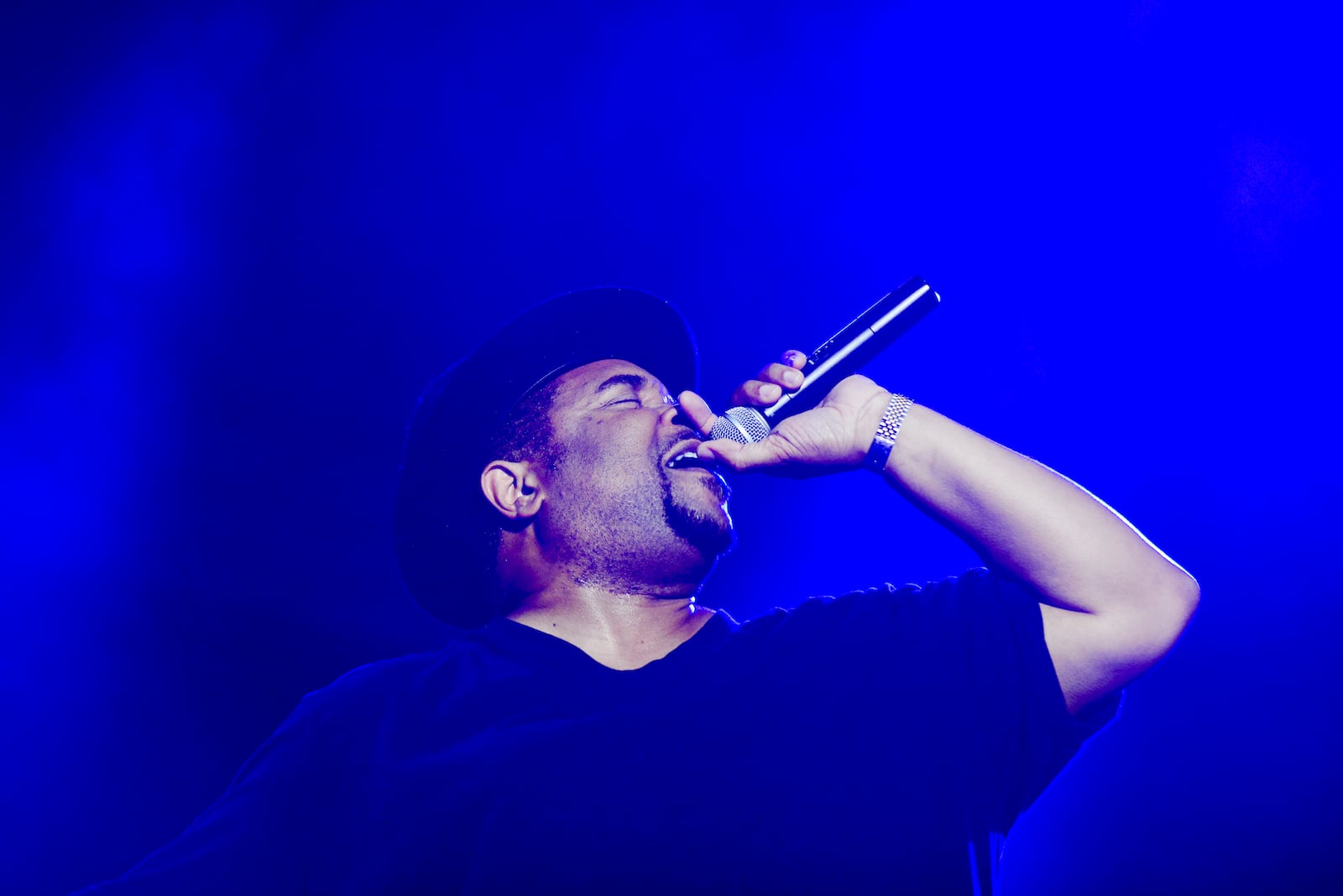
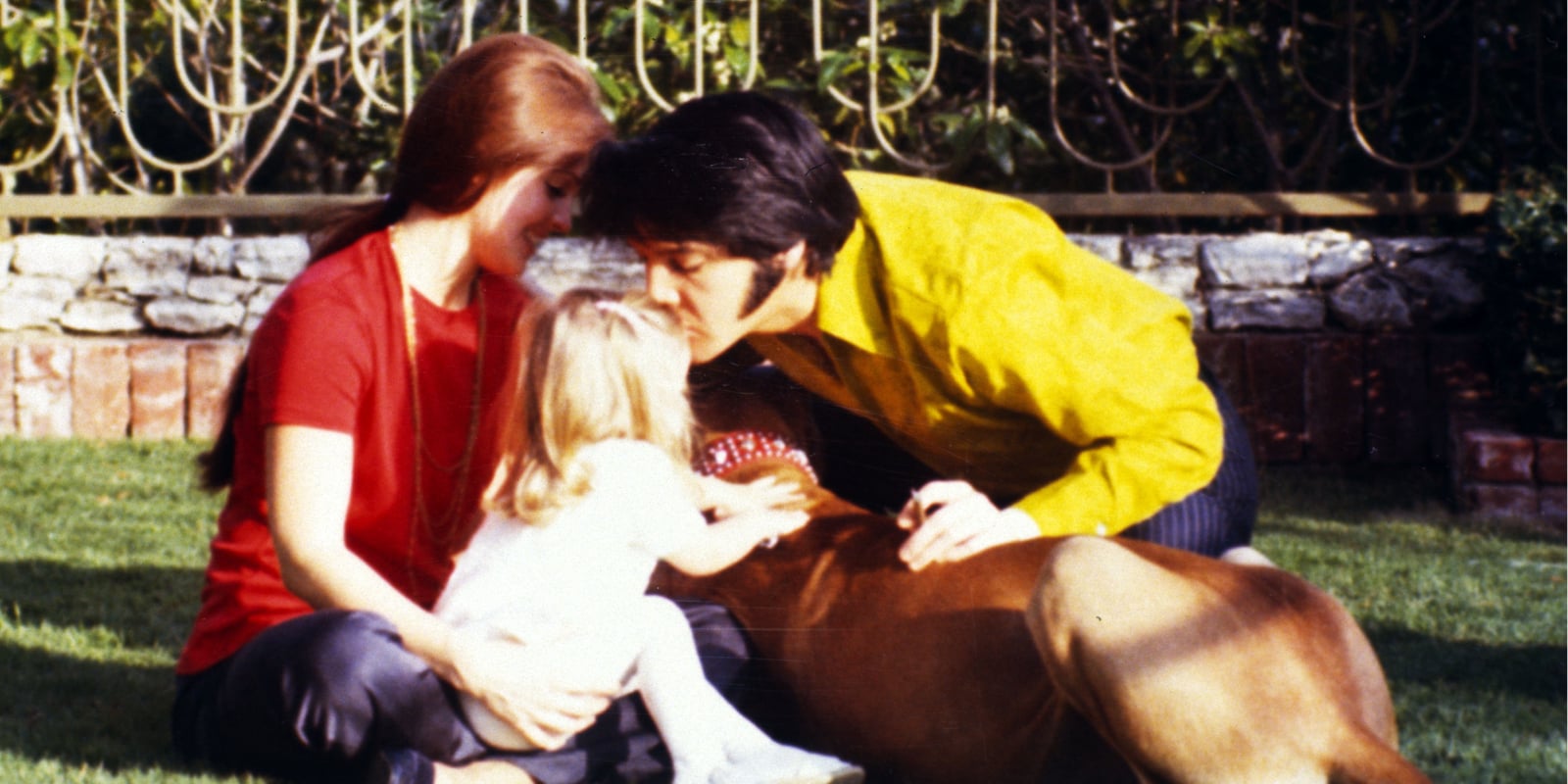
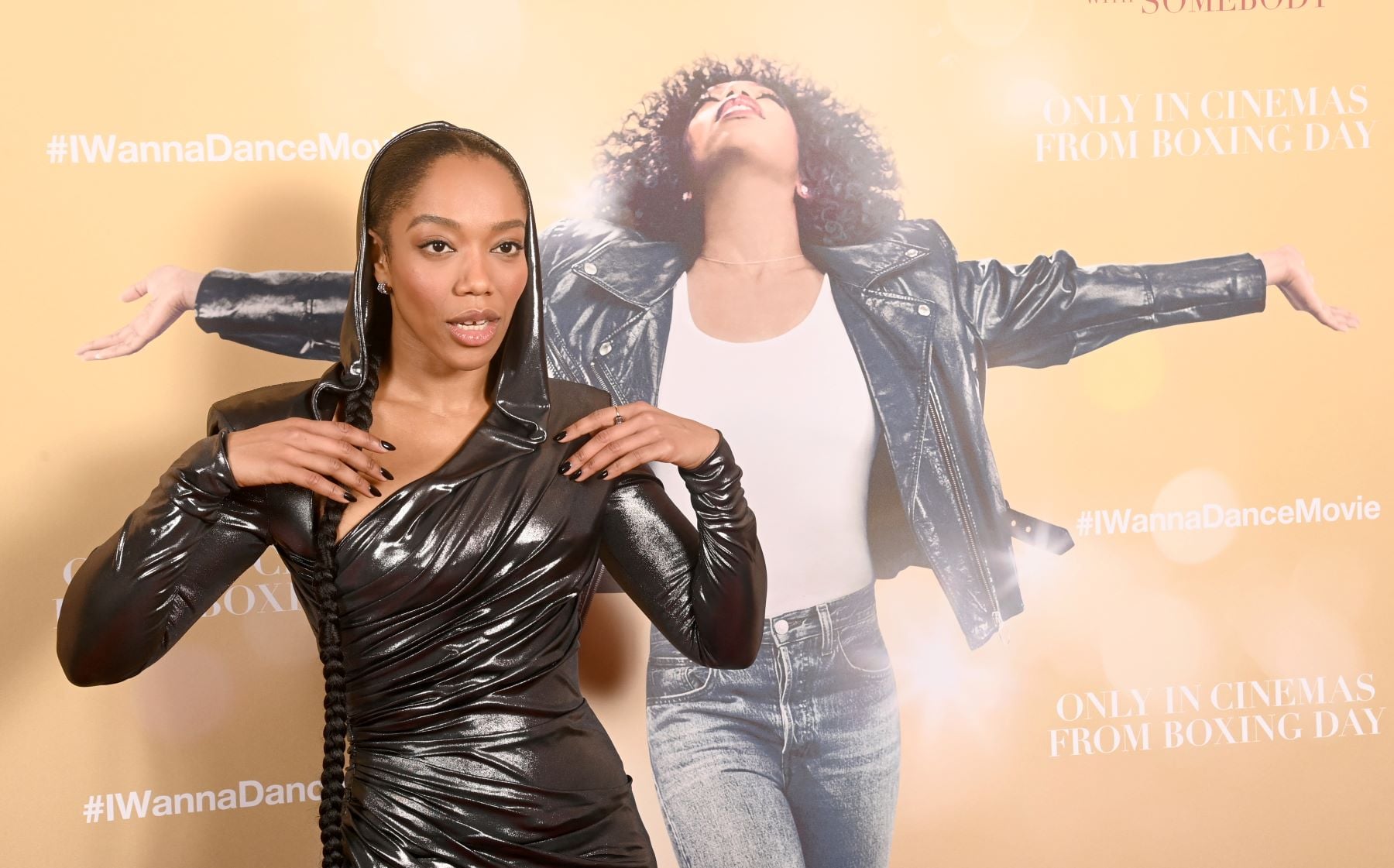
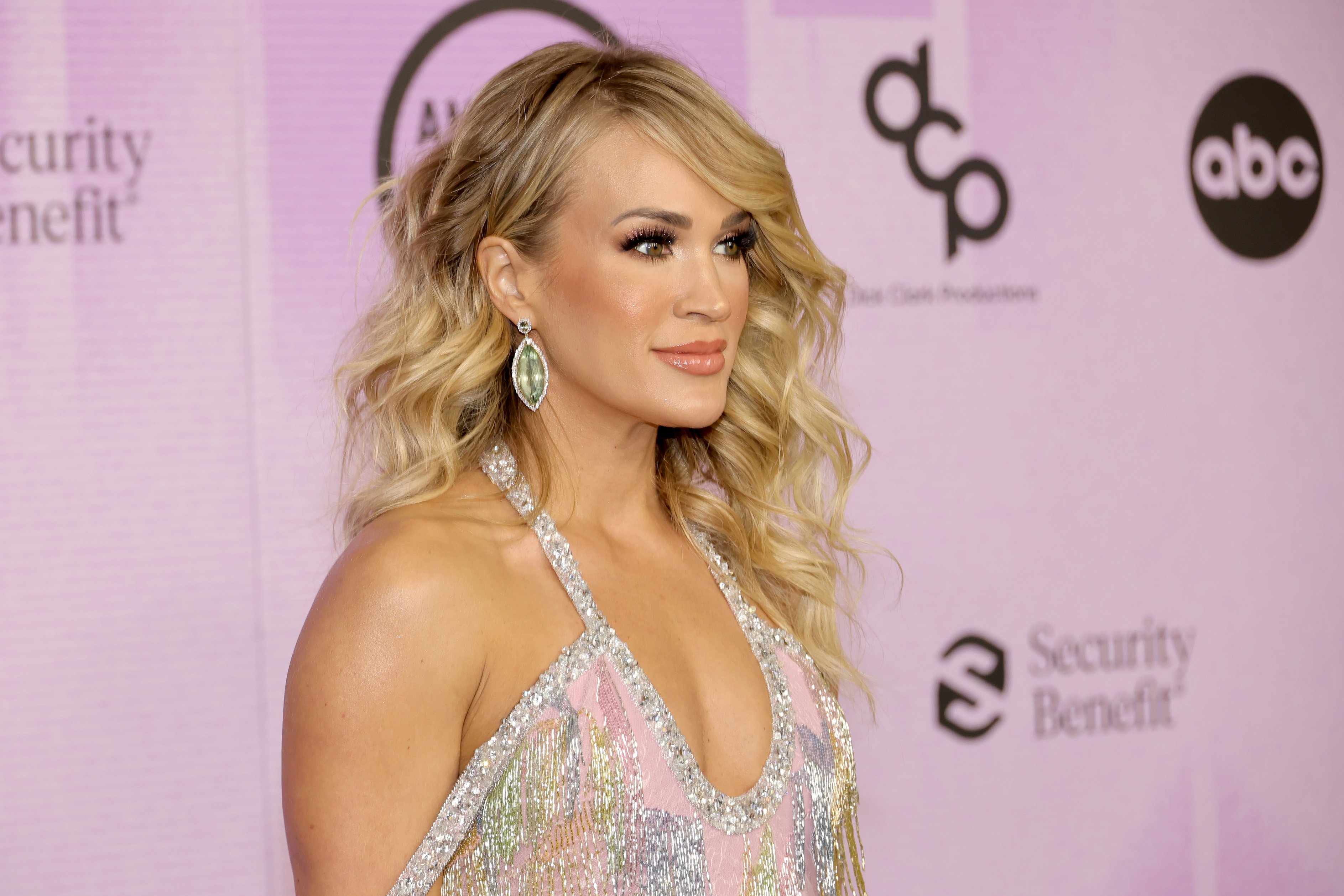
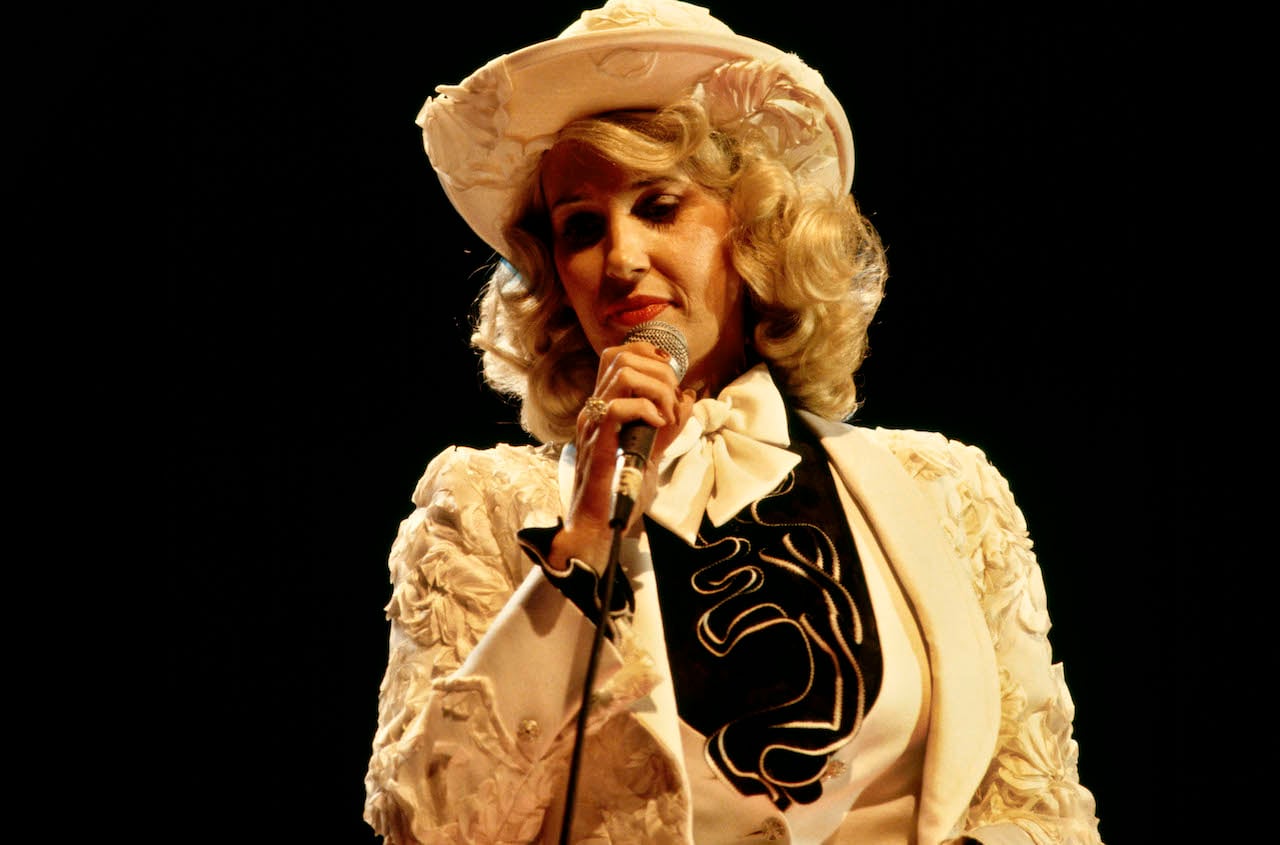
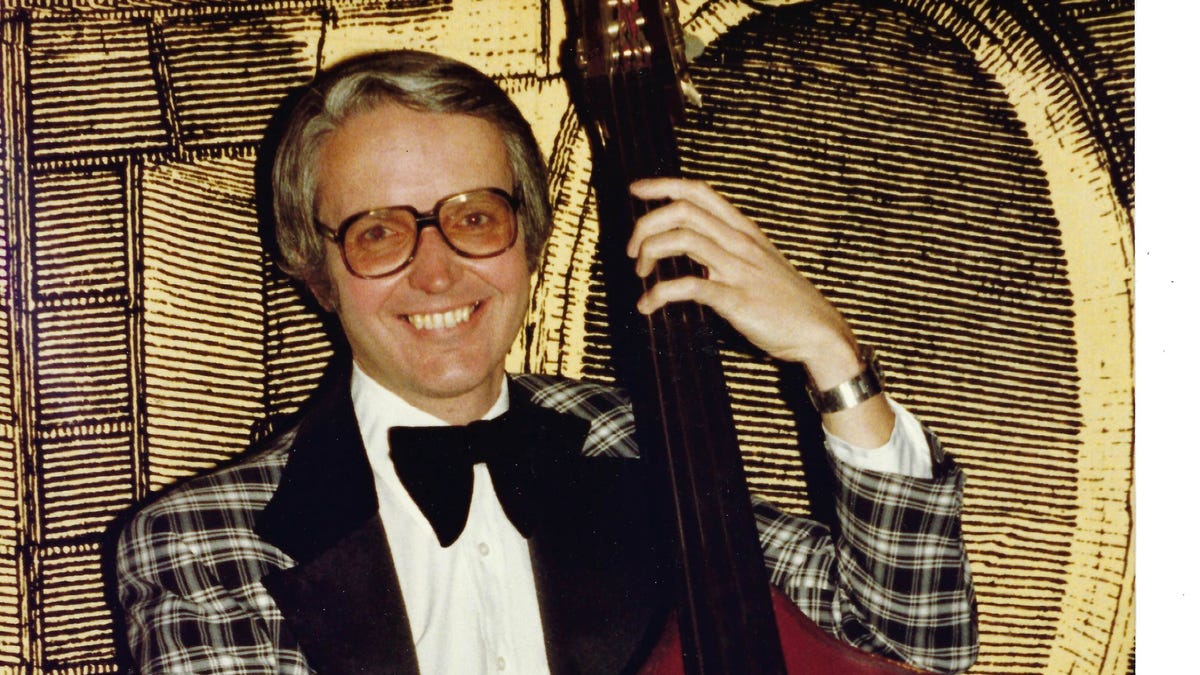
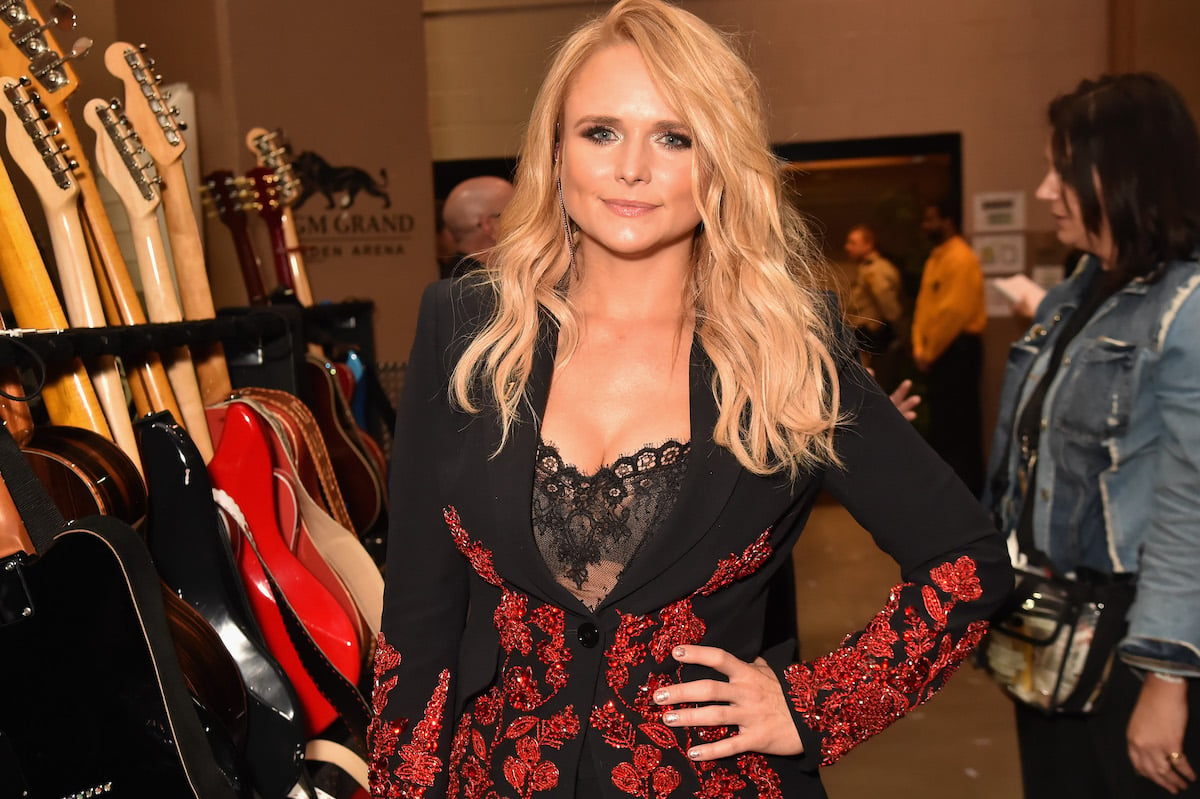

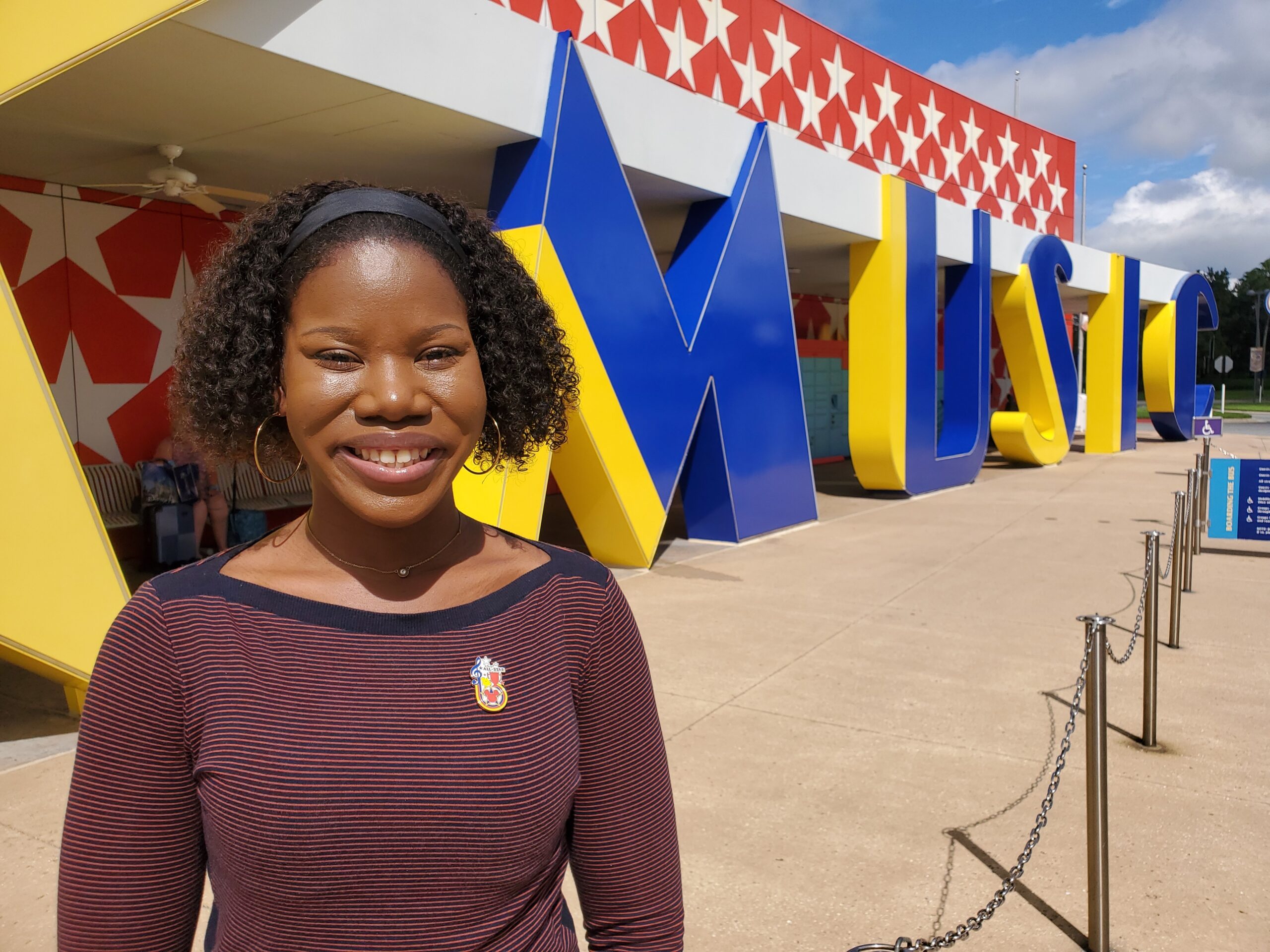
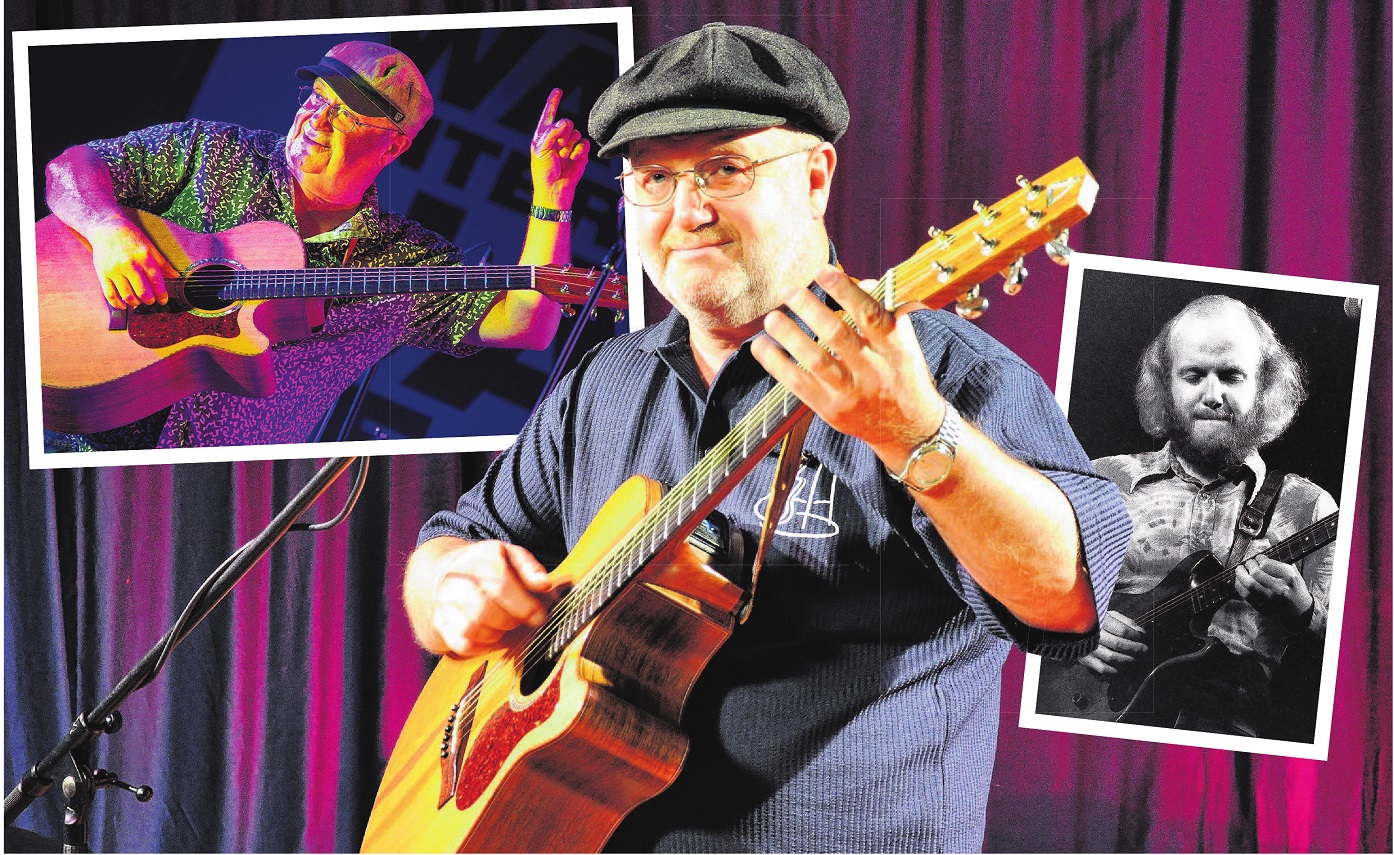

 English (US)
English (US)